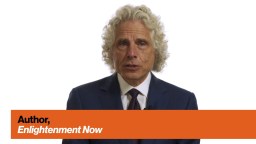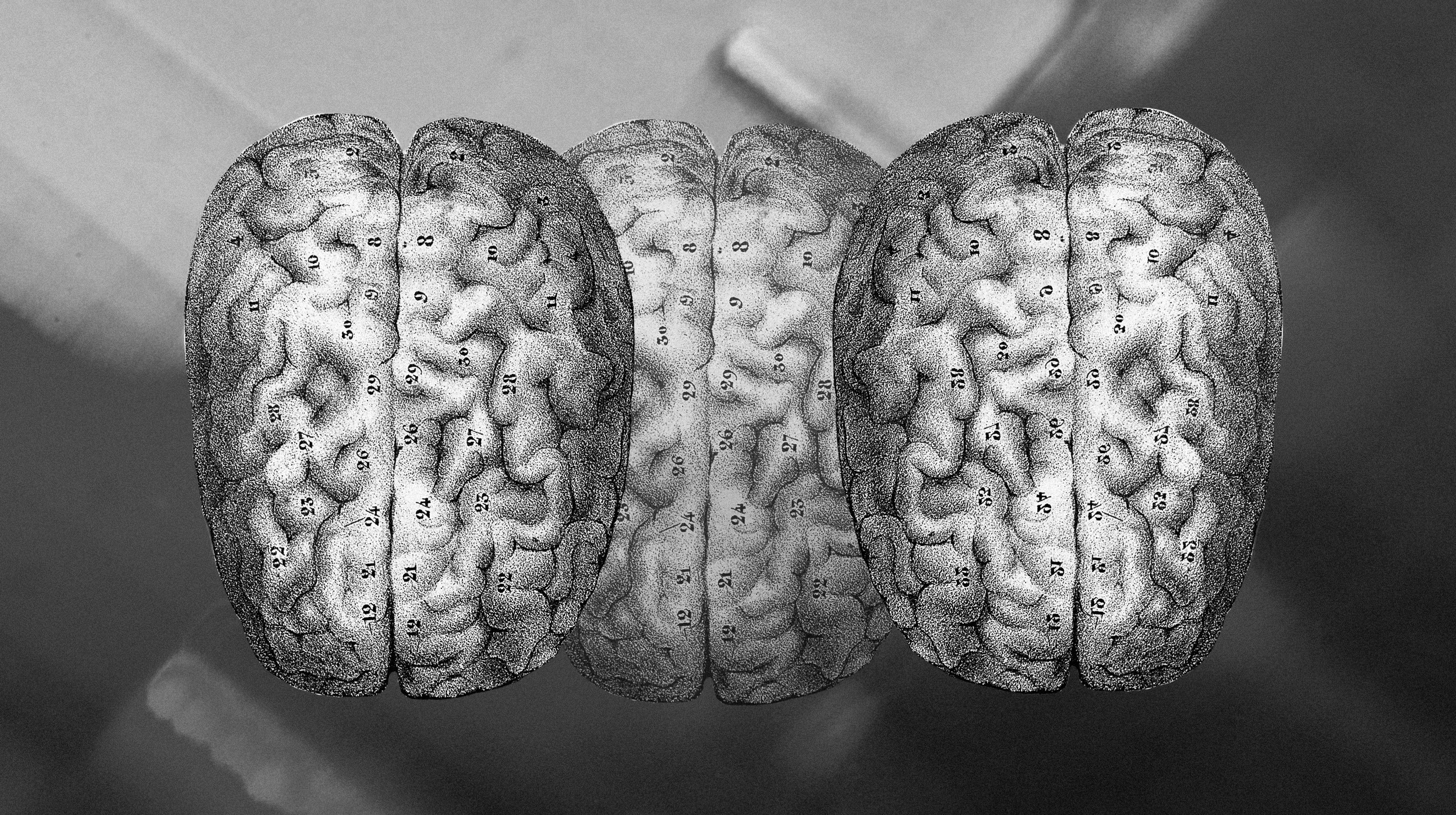psychology
The more research conducted on psychedelics, the closer we get to new therapeutic models.
Psychologists discover why people participate in scary attractions.
Are you prone to “toxic accumulation”?
Just for giggles, would it be a good idea to have our leaders take shrooms?
How do you say “spiel”? Whether you say “shpeel” or “speel” may have to do with how you vote.
The results have startling implications about the evolution of psychopathy in humans.
When adults are challenged to behave like adults, by a child, they can go in one of two directions.
When it comes to remembering the kids of your generation, don’t always trust your memory.
How does gratitude work its mental magic?
Discrimination against people because of their age is a real phenomenon.
Rest assured: Kooky ideas like the Earth being flat or vaccines causing autism are nothing new. Humanity has had worse ideas before.
Glenn Albrecht has ideas about how to cope with the effects of a changing world: Invent a new language.
Polls never reveal who we really are. Google does.
Before you judge someone’s personality based in their playlist, you may want to read the results of this study.
Researchers measured high- and low-adversity participants’ feelings of compassion.
Without expressing and evaluating ideas, we would never be able to determine what’s right or wrong.
▸
6 min
—
with
We’re bored, and we’ve lost our ability to be awestruck and amazed. Let’s fix that.
Lengthening daylight isn’t necessarily good news where mental health is concerned.
A new study shows two potential benefits of undergoing a painful ritual.
A new study finds an unexpected trait that young people want in a lifelong partner.
Most of us can’t imagine wanting absolute control over a nation or feeling compelled to commit mass murders — so then what is it about a dictator’s psychology that makes them different?
Math trauma can follow people beyond grade school to harm their prospects well into adulthood.
De Beauvoir finds that the ‘strong woman’ is actually just bound to housework
The choice of flavor may be up to you, but the number of scoops will depend on your friends.
Most of us have heard of Abraham Maslow and his hierarchy of needs, but Maslow doesn’t have a monopoly on self-actualization.
Unhealthy diets cause the part of your brain responsible for appetite to become inflamed, encouraging further eating and obesity.
Repeating lies makes people believe they are true, show studies.
Why would people rate certain names as being more extraverted or more agreeable?





























